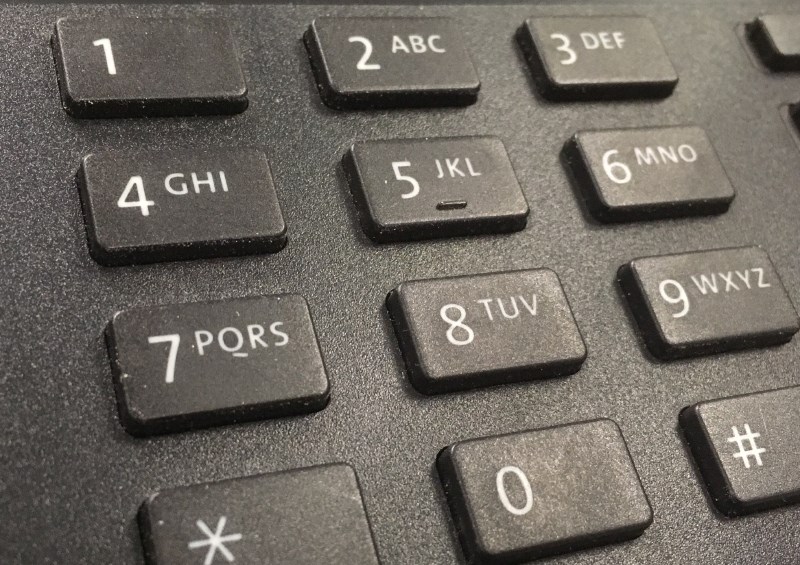A helpline has been created to support doctors, nursing practitioners and pharmacists treating patients with opioid-use disorders, Mental Health and Addictions Minister Judy Darcy announced Thursday.
“Effective next week, there will be a new 24-7 line where health-care professionals can have direct access to addictions specialists to give them advice,” Darcy said.
The minister made the comments after the B.C. Coroners Service reported 170 illicit drug toxicity deaths in May, the highest monthly total number of deaths ever. The previous monthly high was 161 in December 2016.
Before COVID-19, the province was headed in the right direction, she said.
The overdose-death rate was dropping and the distribution of naloxone and increased access to overdose-prevention services and treatment had averted more than 6,000 deaths since the crisis began.
But the pandemic has disrupted the usual supply chains, leading to increasingly toxic drugs. Unemployment, social isolation, declining mental health and increased alcohol and substance use are also a reality for many right now, Darcy said.
In April, the province allowed a safer supply of drugs, including hydromorphone, to be prescribed for opioid users amid concerns about the sale of more toxic illegal substances during the pandemic.
But doctors who don’t typically prescribe the drugs have asked for more support, said Darcy, noting the helpline will provide “live, in-the-moment support” to those who are considering prescribing safe prescription alternatives to the toxic drug supply.
Darcy urged illicit-drug users to buddy up and not use drugs alone, to use the Lifeguard app — which can signal for help — and to continue to visit overdose-prevention and supervised-consumption sites.
“They are open and are essential services in B.C.,” said Darcy.
She advised people to pick up a free naloxone kit at any pharmacy and carry it with them, and to know the signs of an overdose so someone can call 911 to get help right away.
— With files from The Canadian Press



